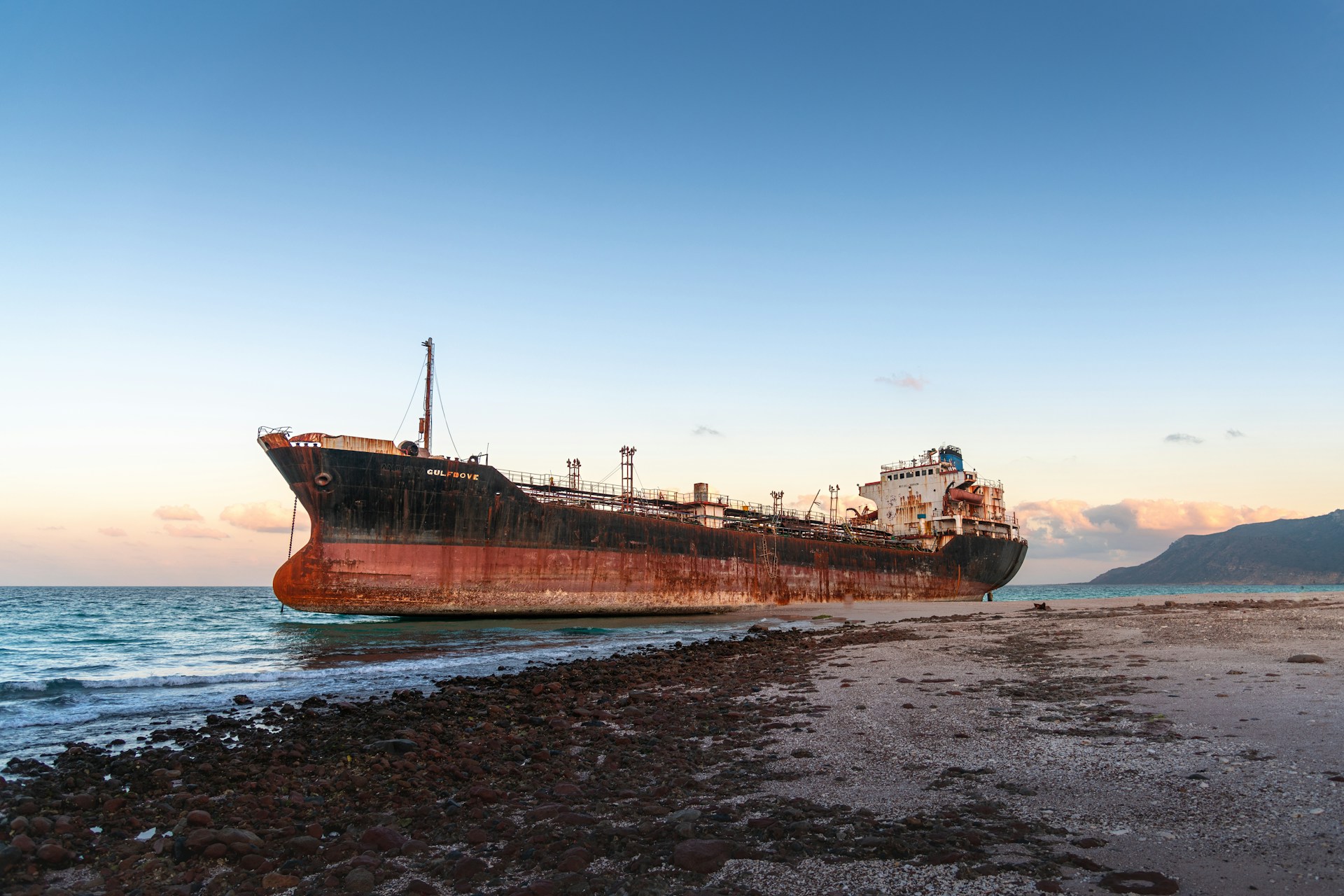Houthis Increasing Grip on Shipping in Red Sea

Following their initial successful attack on a vessel, the Houthis have now declared that any ship entering their territorial waters must secure a permit.
The Houthi-run Maritime Affairs Authority in Yemen is mandating permits for entry into Yemeni territorial waters, as stated by Houthi telecommunications minister Misfer Al-Numair. These waters reach across to the midpoint of the Bab al-Mandab strait, a critical juncture for maritime traffic.
A looming environmental disaster is taking shape in the region after the Rubymar, a cargo ship carrying 21,000 tons of fertilizer and leaking bunker fuel, was struck by Houthi missiles on February 18, resulting in its sinking. The Rubymar, owned by Lebanon, managed by a Greek company, and registered in Belize, represents the first total loss in the recent series of incidents affecting Red Sea navigation, causing many in the international maritime community to avoid the area. According to Clarksons Research, last week's Suez Canal transits were down 60% compared to the daily average of 2023.
After an Italian destroyer shot down a Houthi drone, the Yemeni group threatened retaliation against Italian vessels. True to their word, they attacked the MSC Sky II, a 25-year-old container ship belonging to Gianluigi Aponte, the Italian founder of Mediterranean Shipping Co, with two missiles.
The captain of the MSC Sky II reported two explosions; one missile exploded near the ship's port quarter, and another hit, causing damage and prompting the crew to fight the resulting fire.
The Houthi group announced, "Operations are escalating and continuing in the Red and Arab Seas, the Gulf of Aden, and Bab al-Mandab, until the aggression stops and the siege on the Palestinian people in the Gaza Strip is lifted."
Over 60 vessels have been targeted by the Houthis in the five months since conflict erupted between Israel and Hamas.
Despite significant rerouting of international shipping to avoid the troubled Middle Eastern waters, with many vessels now circumnavigating Africa, global supply chains have adjusted to the extended voyage times.
Recent findings from S&P Global indicate that supply chain disruptions due to the Red Sea's precarious situation are not as widespread as feared, with the exception of the UK, suggesting a resilience in adjusting to these new maritime challenges through alternative routes.